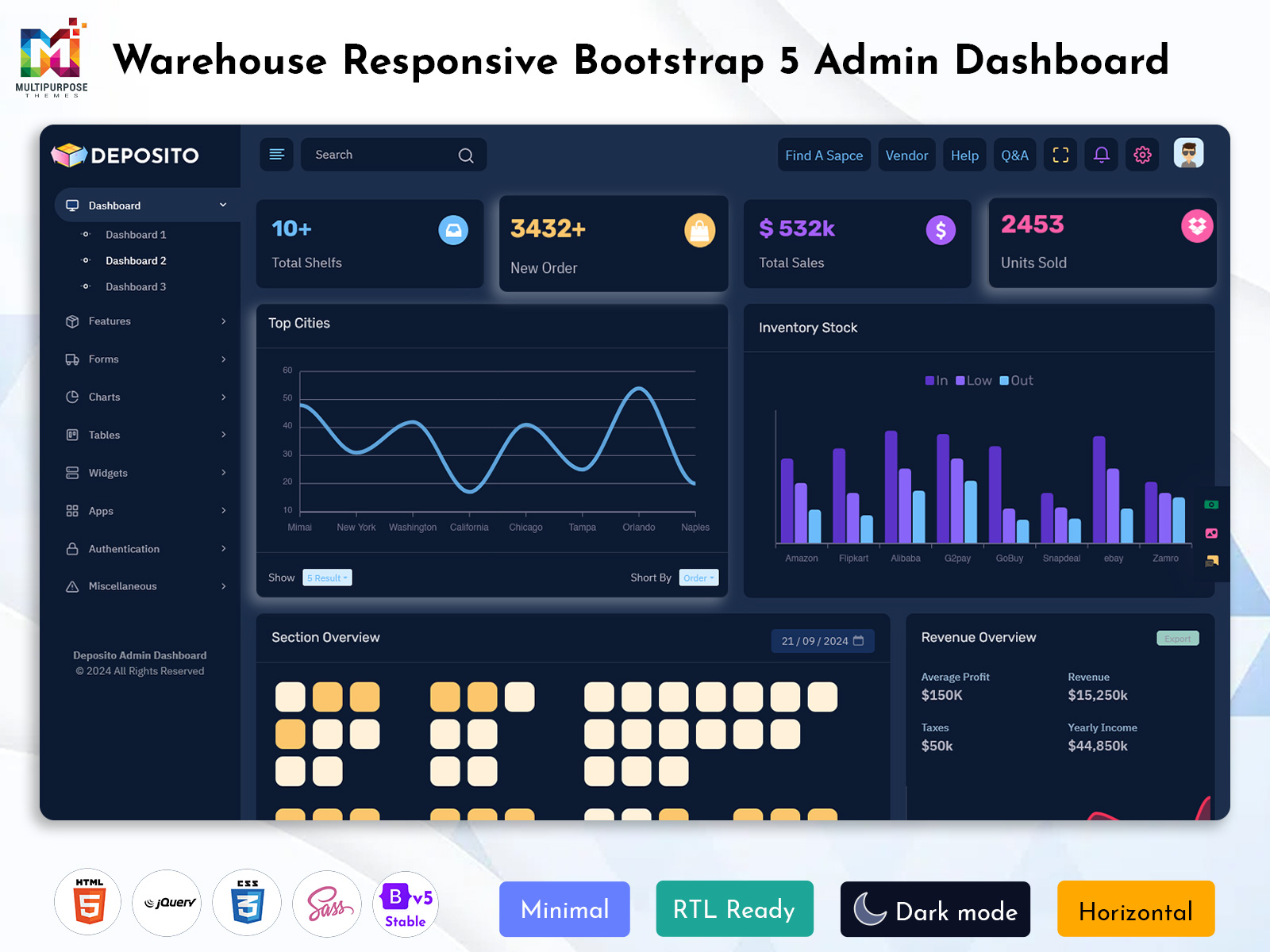The Growing Pains of Manual Inventory Management
Running a business, especially one involving physical products, often means grappling with the complexities of inventory management. Traditional methods, relying heavily on spreadsheets and manual counts, are prone to errors, inefficiencies, and wasted time. Imagine the frustration of discovering a crucial part is missing right before a major order ships, or the sheer time spent on endless stocktakes. These aren’t just inconveniences; they’re costly mistakes that can significantly impact your bottom line and customer satisfaction.
Smart Inventory: A Technological Solution
Thankfully, technology offers a powerful antidote to these inventory headaches. Smart inventory systems leverage software and, in many cases, hardware to provide a real-time, accurate picture of your stock levels. This isn’t just about counting items; these systems offer a holistic view of your entire inventory process, from receiving shipments to fulfilling orders. This real-time visibility allows for proactive decision-making, leading to significant improvements in efficiency and profitability.

Real-Time Tracking: Knowing What You Have, Where It Is
One of the key advantages of smart inventory is its ability to track items in real-time. Imagine a system that automatically updates your inventory count as soon as a product is received or shipped. No more manual data entry, no more discrepancies, just accurate, up-to-the-minute information. This level of precision allows for better forecasting, minimizing stockouts and preventing overstocking, both of which can drain your resources.
Improved Accuracy: Saying Goodbye to Manual Errors
Manual inventory management is inherently prone to human error. Miscounting, misplacing items, or simply entering data incorrectly can lead to significant discrepancies. Smart inventory systems, on the other hand, drastically reduce these errors. By automating the tracking process, they ensure accuracy and reliability, allowing you to focus on other crucial aspects of your business. This improved accuracy translates to better financial reporting and streamlined operations.
Streamlined Order Fulfillment: Faster Shipping, Happier Customers
Efficient order fulfillment is vital for customer satisfaction and repeat business. Smart inventory systems play a critical role in this process by providing real-time information about stock availability. This means faster order processing, accurate picking and packing, and ultimately, quicker delivery times. Knowing exactly what you have and where it is eliminates the delays and frustrations caused by manual searching and inaccurate inventory counts. Improved fulfillment translates directly to enhanced customer loyalty and positive reviews.
Data-Driven Decision Making: Forecasting and Optimization
Smart inventory systems are more than just tracking tools; they’re powerful sources of data. The insights generated by these systems can be used to make informed decisions about purchasing, pricing, and overall inventory strategy. By analyzing historical sales data, current stock levels, and predicted demand, you can optimize your inventory levels, minimize waste, and maximize profits. This data-driven approach allows for a more proactive and strategic management of your inventory.
Reduced Costs: Saving Money in Several Ways
While the initial investment in a smart inventory system might seem significant, the long-term cost savings often outweigh the upfront expense. By reducing waste from overstocking, minimizing errors that lead to lost sales, and streamlining operations, these systems can generate substantial cost reductions. The improved efficiency and accuracy translate to a more profitable and sustainable business model.
Integration with Other Systems: A Seamless Workflow
Many smart inventory systems seamlessly integrate with other business software, such as point-of-sale (POS) systems, e-commerce platforms, and accounting software. This integration creates a unified workflow, eliminating the need for manual data entry between different systems. The streamlined data flow enhances efficiency, improves accuracy, and provides a comprehensive overview of your business operations.
Scalability and Flexibility: Growing with Your Business
As your business grows, your inventory management needs will likely evolve. A good smart inventory system should be scalable and flexible enough to adapt to these changes. Whether you’re expanding your product line, opening new locations, or experiencing significant increases in sales volume, a robust system can handle the growth without sacrificing performance or accuracy.
Choosing the Right System: Finding the Perfect Fit
Selecting the right smart inventory system depends on several factors, including your business size, industry, and specific needs. Consider factors such as the system’s features, integration capabilities, scalability, and cost. Research different options, compare features, and seek recommendations from other businesses before making a decision. Investing in the right system can significantly improve your business’s efficiency and profitability. Read more about the smart inventory management app.

